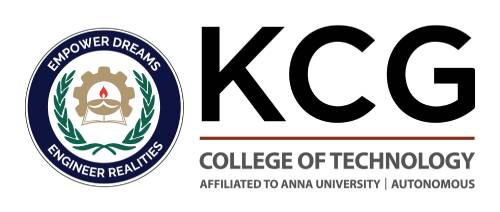Wired for the Future: Career Horizons for Engineers in India’s EV Revolution
In the realm of India’s evolving automotive landscape, the surge in electric vehicles (EVs) is creating a dynamic space for engineering graduates. The nation’s commitment to sustainable transportation is propelling the electric vehicle industry forward, and with ambitious policies in place, the demand for skilled professionals is anticipated to soar in the next decade. The Economic Survey 2023 predicts that India’s domestic electric vehicle market will see a 49% compound annual growth rate between 2022 and 2030, with 1 crore annual sales by 2030. Additionally, the electric vehicle industry is projected to create approximately 5 crore direct and indirect jobs by 2030.
Engineering graduates will find a pivotal role in the design and innovation of electric vehicles, contributing their expertise in electrical, mechanical, and automotive engineering to the development of cutting-edge EV technologies. The heart of any electric vehicle lies in its battery technology, and engineers specializing in energy storage systems will be in high demand, focusing on advancements in battery design, performance optimization, and sustainable energy solutions.
As the electric vehicle market expands, the need for a robust charging infrastructure grows at a rapid pace. Engineers will play a crucial role in designing, implementing, and maintaining efficient charging networks across the country. Additionally, the integration of advanced electronics and software is integral to the functioning of electric vehicles, and engineers with expertise in embedded systems and software engineering will be crucial in enhancing EV performance and functionality.
The manufacturing boom in the electric vehicle sector will require engineers well-versed in supply chain management and manufacturing processes. Optimization of production lines and ensuring quality standards will be key responsibilities. Moreover, engineers will contribute to the smart and connected future of transportation, integrating electric vehicles into smart transportation ecosystems, ensuring seamless connectivity and efficient traffic management.
In the environmental aspect, engineers specializing in sustainable engineering and compliance will be essential in ensuring that electric vehicle technologies meet sustainability standards, assessing and mitigating their environmental impact. Moreover, opportunities will extend to electric mobility consultancy and planning, with engineers advising on and planning electric mobility solutions, optimizing fleet operations, infrastructure planning, and contributing to sustainable urban mobility initiatives.
In the dynamic shift towards sustainable transportation, the contributions of automobile engineers and mechatronics engineers to the electric vehicle industry are paramount. Automobile engineers, armed with expertise in vehicle design and mechanics, play a pivotal role in crafting efficient and aerodynamic electric vehicles. Simultaneously, mechatronics engineers, blending mechanical and electrical engineering, contribute to the development of sophisticated EV systems. Their fusion of skills enables innovations in electric propulsion, energy storage, and control systems, propelling the evolution of eco-friendly transportation.
As the electric vehicle sector in India continues to grow, engineering graduates will find entrepreneurial avenues opening up. From startups focusing on EV technologies to innovative solutions in charging technology, the possibilities for entrepreneurial ventures are vast. At KCG College of Technology, we are committed to preparing students for these exciting opportunities, equipping them with the skills and knowledge needed to thrive in India’s electric vehicle revolution.








